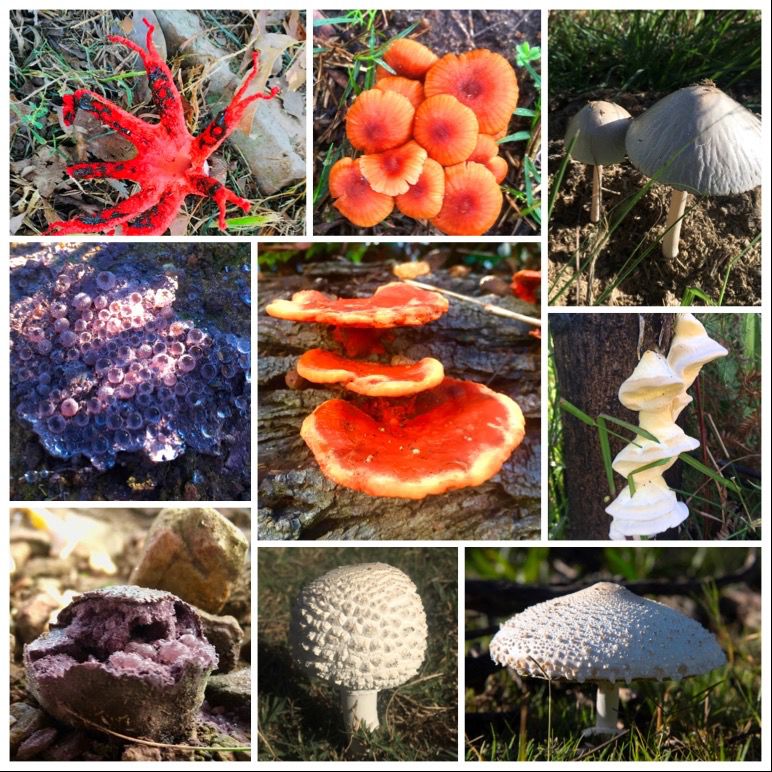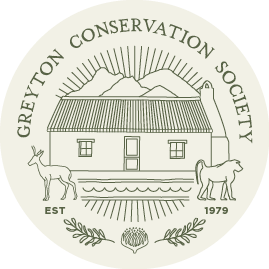Honeybush Tea: Sweet South African Fynbos Inf...
Honeybush (Cyclopia spp.) is an endemic South African fynbos shrub.

Mushrooms, a diverse group of fungi, range from edible delicacies to poisonous hazards. Traditionally, “mushroom” referred to umbrella-shaped fungi, but now includes stinkhorns, puffballs, bracket fungi, and large cup-fungi. These structures exist primarily to produce and disperse spores.
Mushroom foraging can be risky, as many species are toxic. Here are some notable fungi found in southern Africa:
• Macrolepiota zeyheri: The edible Parasol mushroom thrives in grassy pastures and is distinguishable from the poisonous False Parasol by its white to pale pink gills.
• Gymnopilus junonius: Known as Orange Tuft, this mushroom is inedible.
• Volvariella speciosa: The Rose-gilled Grisette aids in decomposition but should not be eaten.
• Pycnoporus coccineus (Tropical Cinnabar Bracket) and Lenzites elegans (Elegant Bracket) are striking but inedible.
• Aseroe rubra: Commonly called Devil’s Fingers, it emits a foul odour to attract flies for spore dispersal.
• Calvatia lilacina: The Lilac Puffball appears in autumn; its edibility remains uncertain.
Greyton Conservation Society is an NGO that is about the conservation of Greyton. Our focus is on the built or architectural heritage as well as our natural environment which includes the 'commonage ' adjacent to the village as well as the Greyton Nature Reserve. GCS is registered with Heritage W...
View ProfileXplorio is your local connection allowing you to find anything and everything about a town.
Read MoreHoneybush (Cyclopia spp.) is an endemic South African fynbos shrub.
